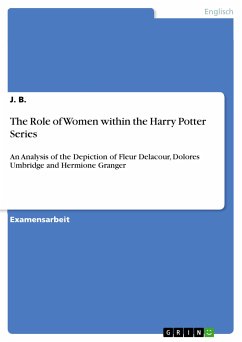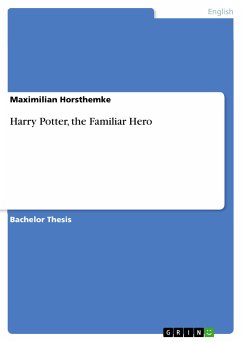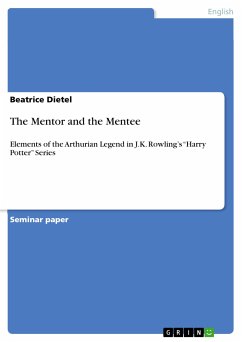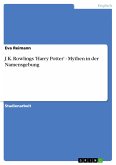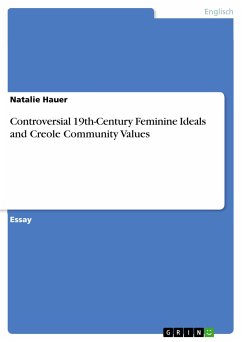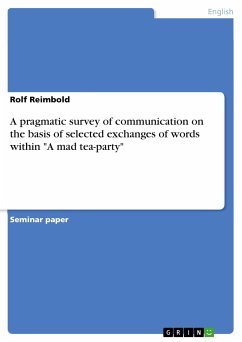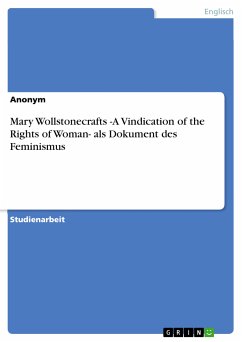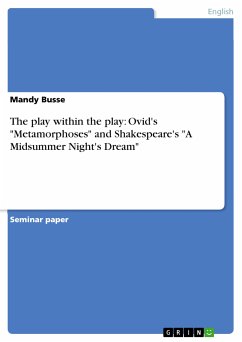Examensarbeit aus dem Jahr 2016 im Fachbereich Anglistik - Literatur, Note: 1,7, Universität Regensburg (Anglistik), Sprache: Deutsch, Abstract: In this thesis, the author focuses on the feminist debate around the Harry Potter series. The question whether Harry Potter can be seen as sexist or as feminist will be investigated and analysed while taking a closer look at the characters of Fleur Delacour, Dolores Umbridge and Hermione Granger. [...] Generally speaking, when it comes to the identification of the role of females within the Harry Potter series, critics are notably divided here. According to Anne Collins Smith, there are two different directions of interpreting J.K. Rowling’s work; the ones who see feminism supported and thoroughly depicted in the books and those critics who think of the Harry Potter series as being sexist (cf. Collins Smith 80). The critics who point out the sexism within the Harry Potter series are directed by writers such as Elizabeth Heilman, Trevor Donaldson and Christine Schoefer. Christine Schoefer’s article is titled Harry Potter's Girl Trouble and was published on the release day of Harry Potter and the Goblet of Fire. It focuses on the alleged sexism within the Harry Potter series. She states that J.K. Rowling’s message to the reader of her series is that boys should be the leaders in the world and girls are hardly likeable and thus play the role of the supporters of the male supremacy – at best (cf. Schoefer). Matching Christine Schoefer’s thoughts in many points, Elizabeth E. Heilman and Trevor Donaldson have published their essay From Sexist to (sort-of) Feminist: Representations of Gender in the Harry Potter Series. These publications are strongly based on the idea of the Harry Potter series being a reinforcement of gender stereotypes (cf. Schoefer, cf. Heilman and Donaldson 139). Here, Heilman and Donaldson especially criticise the “absence of powerful females” (cf. Heilman and Donaldson 139). Females always fulfil secondary positions within the books, concerning power and authority, and the Harry Potter series follow typical stereotypes for both males and females (cf. Heilman and Donaldson 139). It is stated that the book series contains far more important male characters: 115 females mentioned in the series are barely more than half as many characters as the 201 males which are included. Also, according to Heilman and Donaldson, the more dominant characters are almost exclusively male. Here, they especially refer to evil characters such as Severus Snape, Draco Malfoy, Wormtail and of course Lord Voldemort (cf. Heilman and Donaldson 141). [...]
Bitte wählen Sie Ihr Anliegen aus.
Rechnungen
Retourenschein anfordern
Bestellstatus
Storno

